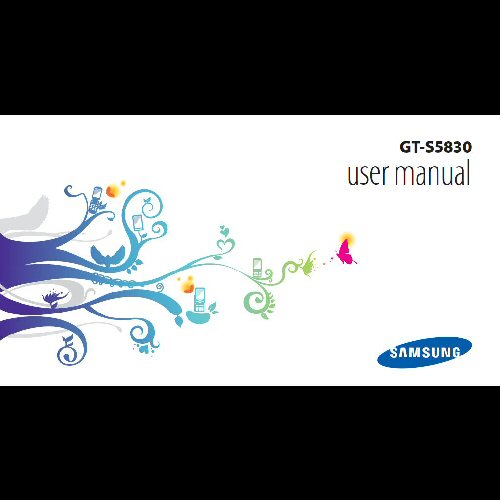The End of Manual Labor
The End of Manual Labor
Greetings and Happy Valentine’s Day. I’ve always enjoyed working with my hands. There’s just something energizing about repairing an appliance or a bicycle, planting a tree that I’m probably allergic to, preparing a remarkable and innovative dinner for kids who would likely prefer cheese pizza, painting a room in a new and interesting color, or refinishing a piece of furniture made out of real wood. And for many of us, doing something by hand provides a much needed break from our days spent in meetings or hanging out in front of a computer screen. In fact, I would argue that manual labor is not only essential to our economy but essential to our lives as human beings. It keeps us grounded, connected with the physical world around us, skillful, and even refreshed.
But there’s a different type of “manual” labor that is quickly biting the dust…the art and practice of writing operating and instructional manuals. Those handy sources of insight that have always come with everything that we purchase…from automobiles to HD televisions to smartphones to espresso makers. Manuals that show us in step-by-step detail exactly how to use these machines in order to ensure their proper operation as we maximize their utility. Manuals designed to unlock their full value and potential in our fast-paced and gadget-centric lives. Because a new generation of buyers don’t seem to use or even want manuals. The very manuals that our parents warned us to read in excruciating detail before we did anything. Instead, they quickly pull their latest purchases from their boxes, plug them in, and start figuring out how to use them without the aid of any wisdom from any of the world’s manufacturers. Either because they are too clever to need help, too rushed to find the time, too disinclined to read boring instructions, too ADD’ed, or too convinced that any semi-intuitive person can quickly figure out how to get the most out of an intuitive device …and in the process customize it in their own image. Or because they would rather build their own relationships with things than be told how to interact with them.
And come to think of it, even the well-publicized classes at Apple stores seem to be filled with relatively “old” folks who are simply struggling to keep up with all the other folks who threw their instruction manuals away as soon as they opened the super cool box.
Which suggests the need for a bit of career development advice for everyone who develops operating manuals for a living, and the bigger need for the rest of us to figure out how to make our offerings as intuitive, simple, and inspiring as possible. Otherwise we run the risk of missing the point for a whole new generation of employees, customers, and partners.
A generation that it turns out is so hands on that they are once again appreciating, on their own terms, the simple joy of manual labor.
We win in business and in life when we enable people to create their own magic, on their own terms, with the things we create.
Cheers!







